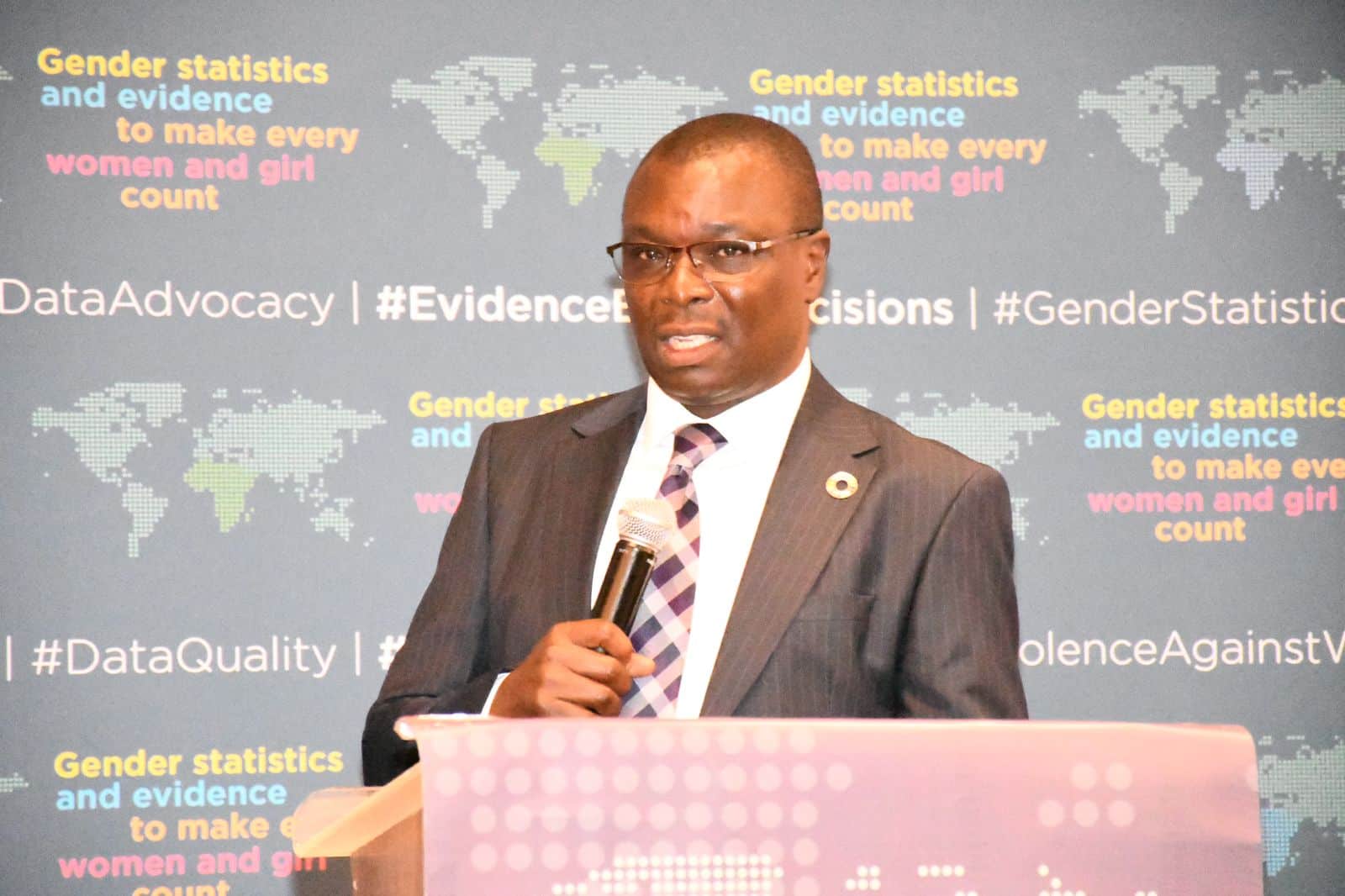David Ndii, the Chairperson of the Presidential Council of Economic Advisors, has revealed the desperate situation of the country owing to the debt crisis.
According to Ndii, it was only a miracle that Kenya had not defaulted on the debts that were borrowed during the regime of retired President Uhuru Kenyatta.
Further, in the statement shared on Sunday, October 29, Ndii stated that it was almost impossible for the country to repay the one trillion pending loans with the rising dollar rates.
“Uhuru’s debt legacy nightmare. A trillion domestic redemption in 2023. It’s a miracle we’ve not defaulted. Foreign redemptions double in 2024,” stated Ndii.

“If US rates don’t ease for markets to open for frontier economies. A wing and a prayer,” he added.
In finance, redemption refers to the repayment of any fixed-income security at or before the asset’s maturity date.
Also Read: David Ndii: I Don’t Trust Government
Ndii Explains Why Kenya is Still Borrowing
Additionally, an X user questioned why the government continued to borrow loans despite the overwhelming burden.
In response, the financial advisor stated that the government was forced to borrow more money to repay the debt left behind by the previous administration.
“How do you think we are paying the debt? Do you think Ksh2.4 trillion revenue can repay Ksh1.2 trillion debt maturities plus Ksh600 billion interest and still run government?” he stated.
Also Read: CBK Explains Why Tanzania, Uganda Are Beating Kenya’s Economy
How Are Kenyans Directly Affected
At the same time, the economist stated that Kenya was not able to renegotiate the loans because it would lead to loss of jobs.
Moreover, when asked why the country cannot cutdown on recurrent expenditure, Ndii stated that it would mean that the government will lay off people, or close schools, hospitals and police stations.
“We can do that, lose a million jobs or more, and probably trigger hyperinflation as well. Ghana’s inflation is running at 40%, Argentinas at 140% after default,” added Ndii.
Subsequently, he explained that defaulting on the loans would have direct impact on Kenyans through their savings including bank deposits, life insurance, mutual funds, pension funds and others.
CBK Addresses Effects of Dollar Exchange Rate
Earlier on October 24, the Central Bank of Kenya (CBK) Governor Kamau Thugge addressed the dollar exchange rates stating that plans had been put in place to cushion the country.
In addition, Thugge proposed deliberate measures to improve forex inflows and improvements of sentiments around the Eurobond debt concern.
Also, he proposed narrowing the account deficit especially on reduced imports and strong exports.
He also observed that strong remittances and diverse tourism in addition to traditional tourism would help alleviate the challenge.











































































